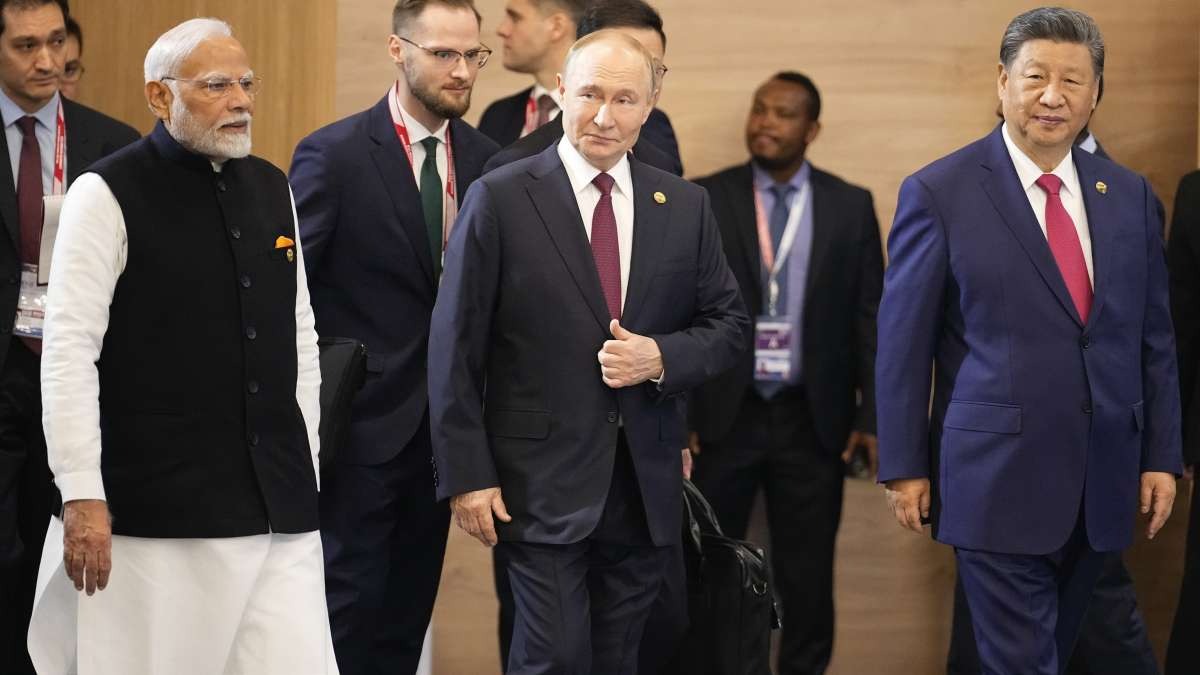
International: The United States has said that it welcomes any reduction in tension along the India-China border and noted that it has been briefed by New Delhi in this regard. "We are closely following the developments (between India and China). We understand that both countries have taken initial steps to withdraw troops from friction points along the Line of Actual Control. We welcome any reduction in tensions along the border," State Department Spokesperson Matthew Miller told reporters at his daily news conference on Tuesday.
Responding to a question, Miller said that the US has played no role in this. "We have talked to our Indian partners and been briefed on it, but we did not play any role in this resolution,” Miller said.
India-China border agreement
Earlier this month, India announced it reached an agreement with China on patrolling along the Line of Actual Control (LAC) in eastern Ladakh, in a major breakthrough in ending the over four-year-long military standoff. It paved the way for a meeting between Prime Minister Narendra Modi and Chinese President Xi Jinping in Russia's Kazan on the sidelines of the BRICS Summit.
Foreign Secretary Vikram Misri, at a media briefing on PM Modi's visit to Russia for the BRICS summit, said the agreement was firmed up following negotiations by the two sides over the last several weeks and that it will lead to a resolution of the issues that had arisen in 2020. External Affairs Minister S Jaishankar said Indian and Chinese soldiers will be able to resume patrolling in the way they had been doing before the border face-off began and the disengagement process with China has been completed.
It is understood that the agreement facilitated patrolling in the Depsang and Demchok areas as there were major unresolved issues in these two areas. The ties between the two Asian giants nosedived significantly following the fierce clash in the Galwan Valley in June 2020 that marked the most serious military conflict between the two sides in decades. The two sides disengaged from a number of friction points following a series of military and diplomatic talks in the last couple of years.
--Advertisement--

 Desk
Desk Share
Share






